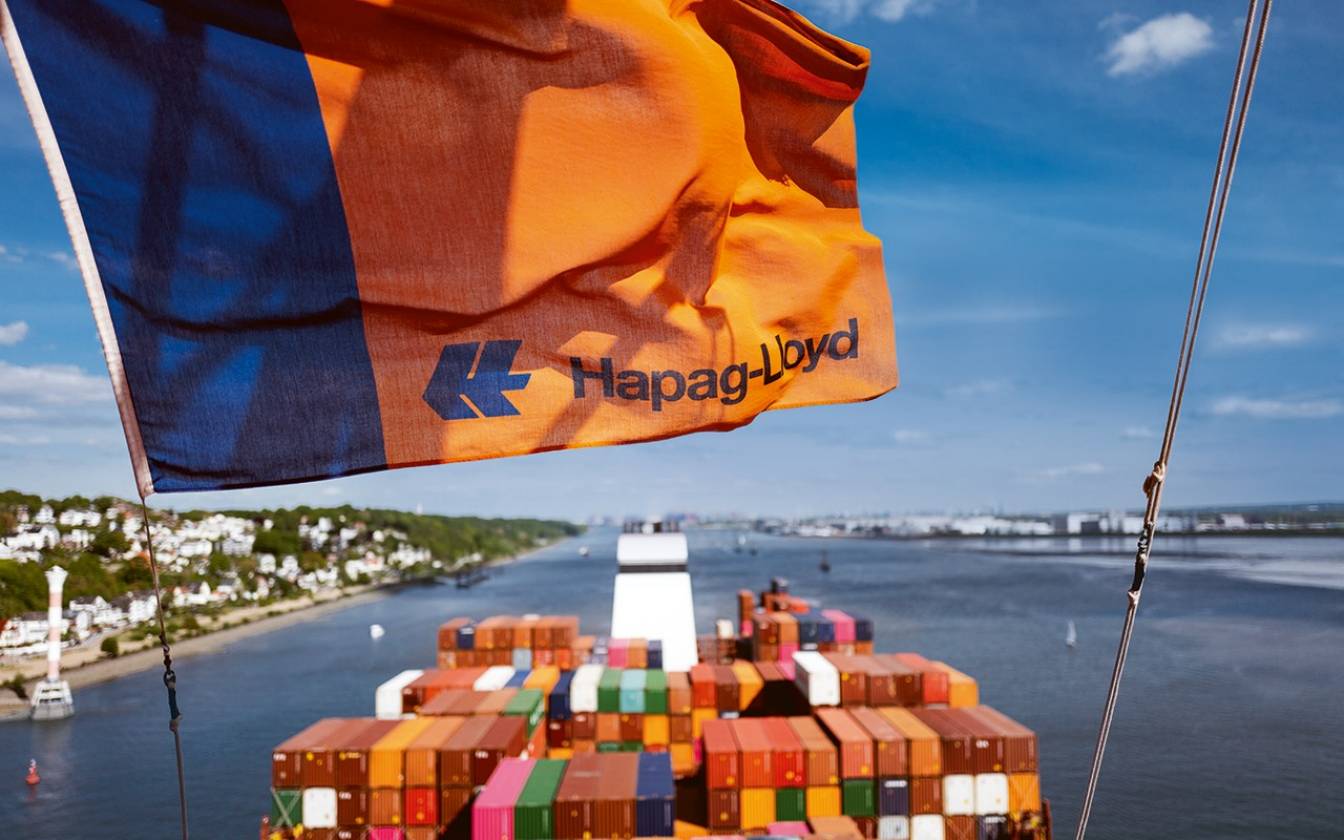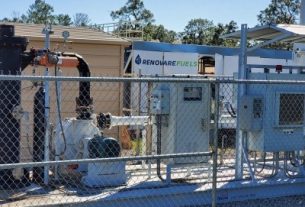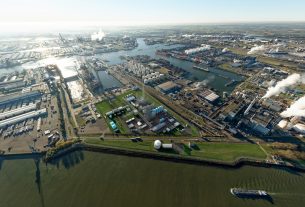Germany – DHL Global Forwarding and Hapag-Lloyd, a well-known international liner shipping company, have a contract for the use of cutting-edge biofuels.
Hapag-Lloyd will ship 18,000 TEU of DHL’s volume using advanced biofuels as a first step, which will result in a 14,000 ton reduction in well-to-wake CO2 emissions. The two businesses have similar goals for decarbonizing logistics and container shipping. Through their project, they show the viability of sustainable transportation options and the marketability of sustainable fuels.
Advanced biofuels are made from biologically active raw materials like used cooking oil and other waste. With the help of this substance, fatty acid methyl ester (FAME) is created, which is then combined with various amounts of low-sulfur fuel oil. This pure biofuel product reduces greenhouse gas emissions by more than 80% when compared to conventional fuels.
Sustainable solutions
Both DHL and Hapag-Lloyd are dedicated to offering sustainable logistical solutions and access to sustainable fuels that will support decarbonizing the industry, in line with their respective sustainability strategies to achieve net-zero emissions by 2050 and 2045.
Hapag-Lloyd offers a carbon-reduced transportation option that uses biofuel blends rather than conventional fossil marine fuel oil and has been testing advanced biofuels since 2020. (MFO). In order to help customers lower their Scope 3 emissions, the resulting decrease in carbon dioxide equivalent (CO2e) emissions can be made available as a “Green Product” on a Twenty-Foot Equivalent Unit (TEU) basis.
The transition to clean, environmentally friendly transportation is facilitated by DHL’s GoGreen Plus service. Customers of DHL are presented with a range of options as part of GoGreen Plus for reducing emissions and other environmental effects throughout the entire supply chain. As a result, CO2 emissions are decreased in both air and ocean freight, and in addition, full lifecycle emission compensation makes the remaining portion of the supply chain climate neutral. Additionally, the emission reductions assist DHL’s clients in achieving their environmental goals.




